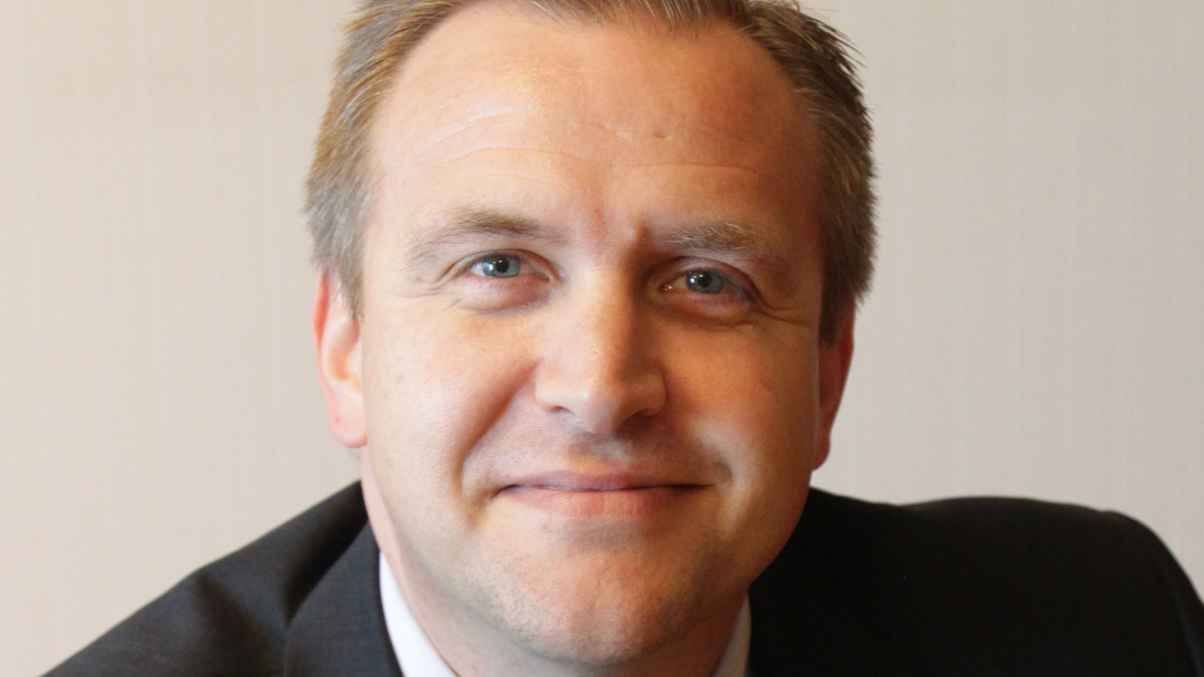UBP mulls bank licence for HK, Singapore in Asia push
Union Bancaire Privée is considering one or both cities for a banking licence. It is backing up its emerging markets strategy with hires in private banking and asset management.

Union Bancaire Privée (UBP) is weighing up whether to apply for a bank licence in Singapore and Hong Kong, or both, as it seeks to deepen its penetration in Asia and emerging markets.
Sign in to read on!
Registered users get 2 free articles in 30 days.
Subscribers have full unlimited access to AsianInvestor
Not signed up? New users get 2 free articles per month, plus a 7-day unlimited free trial.
¬ Haymarket Media Limited. All rights reserved.


